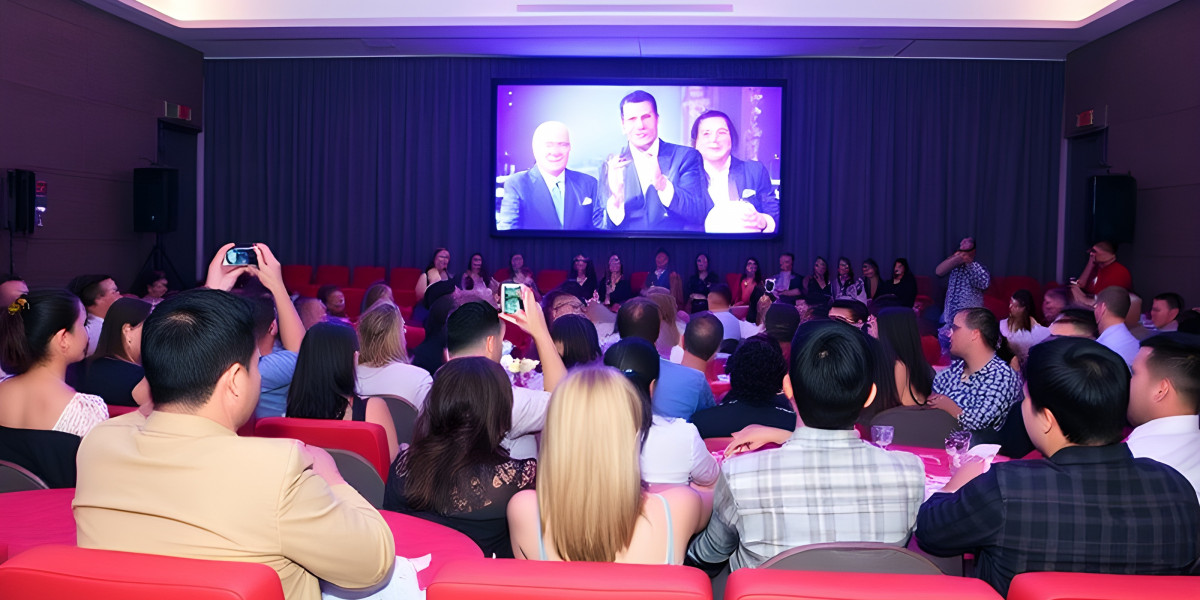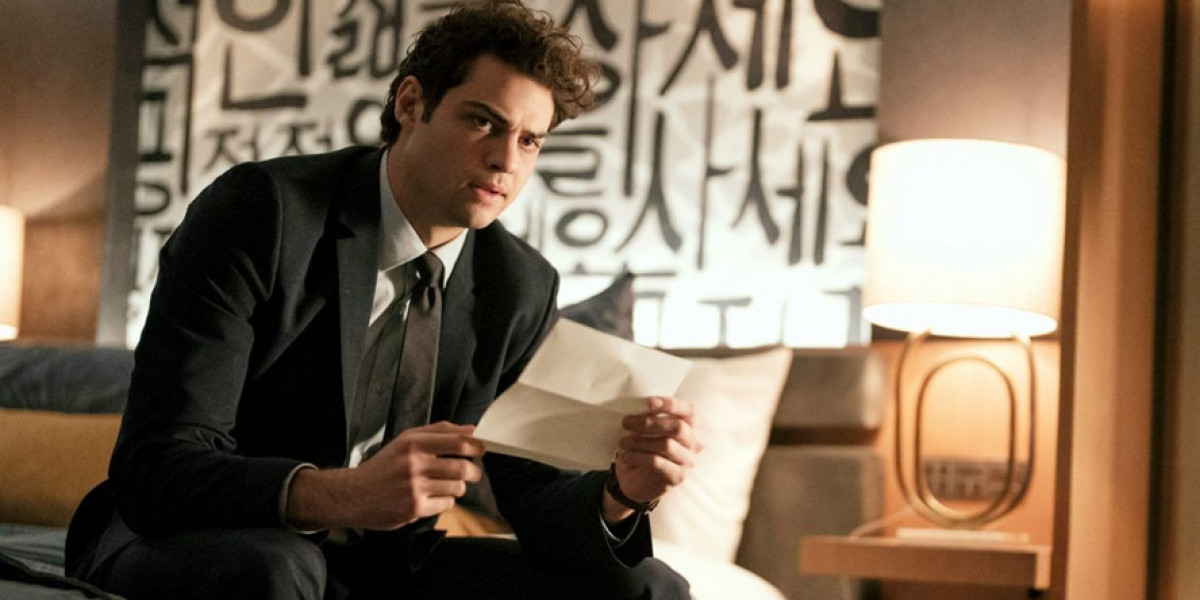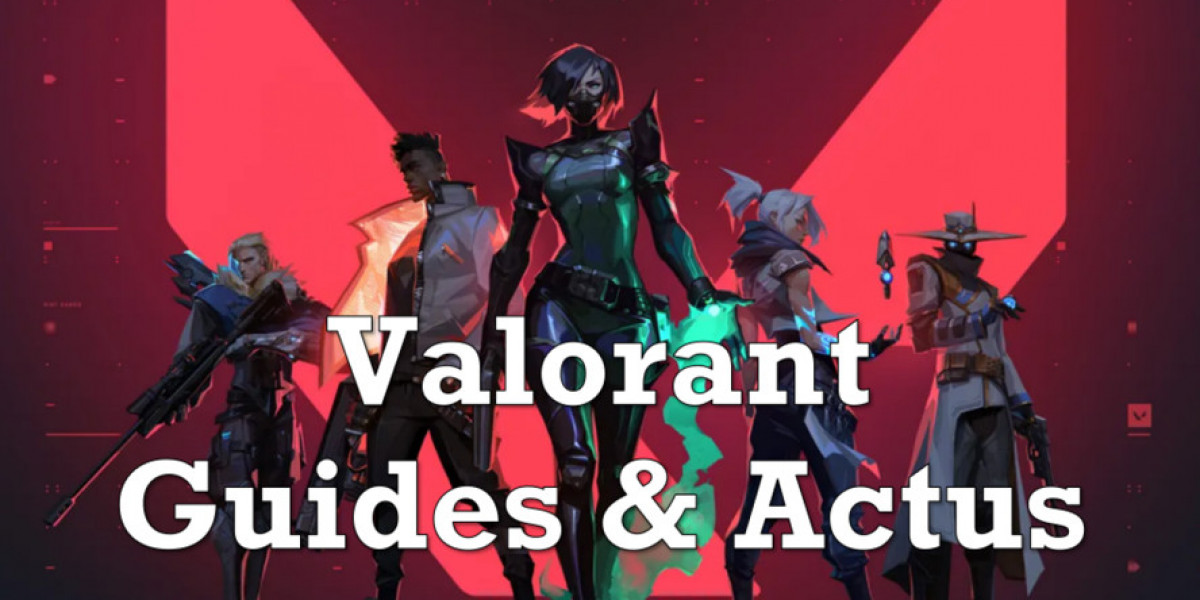The Evolution of Entertainment: From Ancient Times to the Digital Age
Introduction
Entertainment is an intrinsic part of human culture, serving as a vital means of relaxation, social interaction, and artistic expression. From ancient theatrical performances to contemporary streaming services, the landscape of entertainment has undergone dramatic transformations over the centuries.
The Historical Roots of Entertainment
1. Ancient Forms of Entertainment
The origins of entertainment can be traced back to ancient civilizations, where storytelling, music, and dance played pivotal roles in cultural expression. The earliest forms of entertainment were often tied to religious and communal rituals. In ancient Greece, the theater became a prominent cultural institution, with playwrights like Aeschylus, Sophocles, and Euripides crafting tragedies and comedies that explored the human condition.
Greek amphitheaters, such as the Theatre of Epidaurus, showcased performances that attracted large audiences, effectively blending art with social commentary. Similarly, in ancient Rome, gladiatorial games and chariot races entertained the masses, reflecting the society's values and power dynamics.
2. The Middle Ages and Renaissance
The Middle Ages saw the rise of performance arts in the form of traveling minstrels and troubadours, who entertained audiences with music, poetry, and storytelling. The Church played a significant role in shaping entertainment during this period, often using morality plays to convey religious messages.
The Renaissance (14th to 17th centuries) marked a significant cultural revival, bringing forth advancements in arts and sciences. The invention of the printing press led to the proliferation of literature, while the emergence of opera provided a new and influential form of entertainment. Composers such as Monteverdi and Handel created grand operatic works that captivated audiences, blending music with dramatic storytelling.
The Birth of Modern Entertainment
1. The 19th Century: Theatrical Innovations
The 19th century ushered in a new era of entertainment, characterized by technological innovations and the rise of professional theater. The Industrial Revolution transformed urban landscapes, leading to the establishment of dedicated theaters in major cities. The advent of gas lighting and later electric lighting revolutionized stagecraft, allowing for more elaborate productions.
Melodrama, a popular theatrical genre of the time, emphasized sentimentality and conflict, captivating audiences with its emotional narratives. The works of playwrights like Dion Boucicault showcased the power of performance to evoke strong emotional responses.
2. The Birth of Film
The late 19th century marked the dawn of cinema, revolutionizing entertainment once again. The Lumière brothers’ invention of the cinematograph in 1895 paved the way for the first public film screenings. Silent films, characterized by their lack of synchronized sound, became immensely popular, with stars like Charlie Chaplin captivating audiences worldwide.
The transition to sound films in the late 1920s, epitomized by “The Jazz Singer” (1927), marked a turning point in cinematic history. Hollywood emerged as the epicenter of the film industry, producing iconic films that shaped popular culture.
The Evolution of Entertainment Media
1. The Golden Age of Television
The mid-20th century saw the rise of television as a dominant form of entertainment. The proliferation of television sets in households transformed how people consumed media. Classic sitcoms like “I Love Lucy” and dramas such as “The Twilight Zone” became cultural phenomena, influencing social norms and family dynamics.
Television also became a platform for social change, addressing pressing issues such as civil rights and war. Shows like “M*A*S*H” tackled serious subjects through humor, while documentaries and news programs informed the public about significant events.
2. The Digital Revolution
The late 20th and early 21st centuries heralded the digital revolution, significantly altering the entertainment landscape. The advent of the internet and digital technologies transformed how content was created, distributed, and consumed. Streaming platforms like Netflix, Amazon Prime Video, and Hulu disrupted traditional broadcasting models, offering viewers on-demand access to a vast array of content.
Social media also emerged as a powerful tool for entertainment, allowing individuals to create and share content. Platforms like YouTube and TikTok enabled aspiring creators to reach global audiences, democratizing entertainment production.
Diverse Forms of Entertainment Today
1. Film and Television
Despite the rise of digital platforms, film and television remain central to contemporary entertainment. The film industry continues to produce blockbuster movies, often involving high-budget productions with advanced visual effects. Marvel Cinematic Universe films and franchises like “Star Wars” and “Harry Potter” dominate box offices worldwide, creating dedicated fan bases.
Television has evolved into a diverse medium, offering various genres and formats. Limited series, reality shows, and docuseries have gained popularity, allowing for more diverse storytelling. The rise of binge-watching culture has changed how audiences engage with television, leading to discussions about the impact of long-form storytelling.
2. Music and Live Performances
Music is a universal form of entertainment that has evolved through various genres, from classical and jazz to pop and hip-hop. The rise of digital music platforms like Spotify and Apple Music transformed how people access and consume music, allowing for greater diversity in musical tastes.
Live performances, including concerts and music festivals, create shared experiences that foster community and connection. Events like Coachella and Glastonbury attract massive crowds, showcasing the power of live entertainment to bring people together.
3. Gaming and Interactive Entertainment
The gaming industry has exploded in recent years, becoming a significant sector within the entertainment landscape. Video games offer immersive experiences that engage players in interactive storytelling. Titles like “The Legend of Zelda: Breath of the Wild” and “The Last of Us” have received critical acclaim for their narratives and gameplay mechanics.
Esports has emerged as a competitive form of entertainment, with professional gamers competing in tournaments that draw massive audiences. The rise of platforms like Twitch has allowed gamers to share their experiences live, fostering a sense of community among viewers and players alike.
The Cultural Significance of Entertainment
1. Reflection of Society
Entertainment often serves as a mirror reflecting societal values, beliefs, and challenges. Films and television shows can challenge stereotypes, address social injustices, and foster discussions about important issues. For example, films like “12 Years a Slave” and “Moonlight” highlight the complexities of race and identity, prompting critical conversations about inequality.
Moreover, entertainment can be a vehicle for cultural preservation, showcasing traditions, languages, and stories that might otherwise be forgotten. Documentaries and art forms such as dance and theater contribute to the understanding of different cultures and histories.
2. Psychological and Emotional Impact
Entertainment plays a crucial role in emotional well-being. Engaging with films, music, and literature can provide an escape from everyday stress, offering comfort and joy. Psychological studies have shown that laughter, often derived from comedy, can reduce anxiety and improve mood.
Moreover, stories can evoke empathy and compassion, allowing audiences to connect with experiences different from their own. This emotional engagement fosters a sense of understanding and connection among people from diverse backgrounds.
Challenges and Future Directions of Entertainment
1. The Challenge of Content Creation
As the entertainment landscape becomes increasingly crowded, content creators face the challenge of standing out amidst the noise. The demand for fresh and innovative content is higher than ever, requiring creators to continually push boundaries and explore new narratives.
Additionally, issues of representation and diversity in entertainment continue to be paramount. The industry must strive for greater inclusivity, ensuring that voices from all backgrounds are heard and represented in storytelling.
2. The Impact of Technology on Entertainment Consumption
The rapid advancement of technology presents both opportunities and challenges for the entertainment sector. While streaming services have made content more accessible, they have also led to concerns about content overload and viewer fatigue. Audiences may struggle to navigate the sheer volume of available content, raising questions about how to discover and engage with new material.
Furthermore, the rise of artificial intelligence and virtual reality presents exciting possibilities for immersive storytelling. As technology continues to evolve, entertainers will need to adapt their approaches to engage audiences in innovative ways.
Conclusion
Entertainment is a dynamic and multifaceted aspect of human experience, evolving alongside society and technology. From ancient rituals to modern streaming platforms, entertainment reflects cultural values, fosters social connections, and provides avenues for creative expression.
As we move forward, the entertainment industry faces challenges and opportunities that will shape its future. By embracing diversity, leveraging technology, and staying attuned to societal shifts, entertainment can continue to captivate audiences and enrich lives. In a world often marked by division, entertainment remains a powerful force for unity, understanding, and joy.








